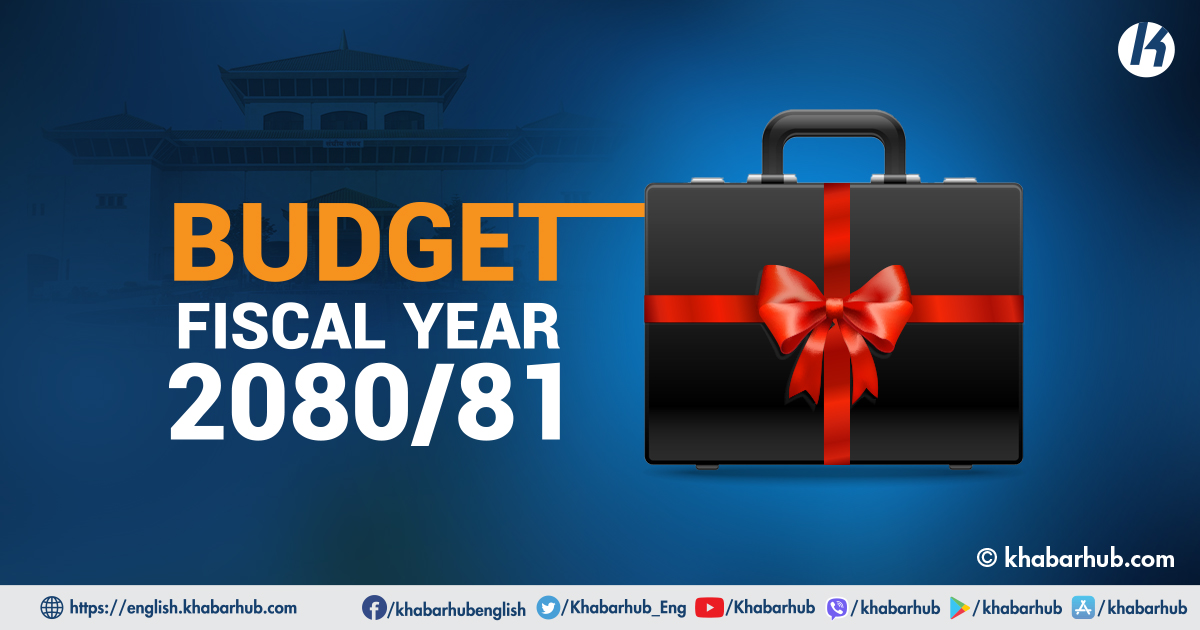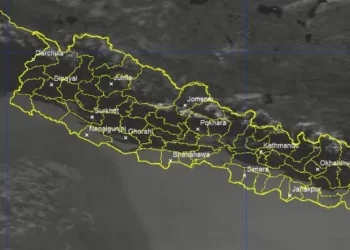KATHMANDU: All seven provinces last Wednesday unveiled their budgets for the next fiscal year 2022-23 beginning mid-July, laying focus on reviving an ailing economy by increasing agricultural production and expanding the social safety net.
Except for the Koshi provincial government which brought its annual budget through an ordinance, the rest six provinces have already presented the Finance Bill along with the Appropriation Bill in their respective Province Assembly.
Koshi Province has made some changes in its revenue policy through an ordinance itself.
Looking at the resource management of the provincial governments, resource collected from own revenue sources is less while depending more on fiscal transfers and revenue distribution from the federal government.
Therefore, it is seen that the provinces have emphasized on expanding both the tax rate and its coverage in order to increase the proportion of the internal revenue.
The provinces have the rights over determining the vehicle tax, houses and land registration, tourism fees, advertisement tax, tax on agricultural income, service charges and fines and other surcharges.
The provinces have been making their revenue policy every year incorporating these sectors.
In their revenue policies, the provinces have given main priority to making the internal sources more effective by expanding the tax ambit in the economic activities falling under their exclusive and concurrent eights, to rendering the tax system convenient and technology-friendly, to making tax rate up-to-date by revising the tax structure and rate and to stress on controlling tax evasion and revenue.
Similarly, the provincial governments have included in their Finance Bill provisions such as exemption on registration and transfer of vehicles, discouraging the use of motor vehicles older than 20 years, making the land and house registration and transfer easier, providing some exemption on the registration and transfer of land used for production and exemption on the fine to commercial firms failing to renew for long time.
The combined budgets of the seven provinces for the next fiscal year amount to Rs 305.46 billion, nearly 17 percent higher than the current fiscal year’s budget.
All provinces present their budgets, targeting economic recovery. Bagmati has the biggest financial outlay of all seven provinces while Karnali presents the smallest financing plan.
Most provinces have set aside a big chunk of their budgets for infrastructure development.
This is the last budget of Nepal’s first provincial governments before polls slated for later this year elect a new batch of representatives.
The combined budgets of the seven provinces for the next fiscal year amount to Rs305.46 billion, nearly 17 percent higher than the current fiscal year’s budget.
In the previous fiscal year 2019-20, the combined budgets of the provincial governments amounted to Rs264.20 billion, which decreased slightly to Rs262 billion in the current fiscal year 2021-22.









Comment